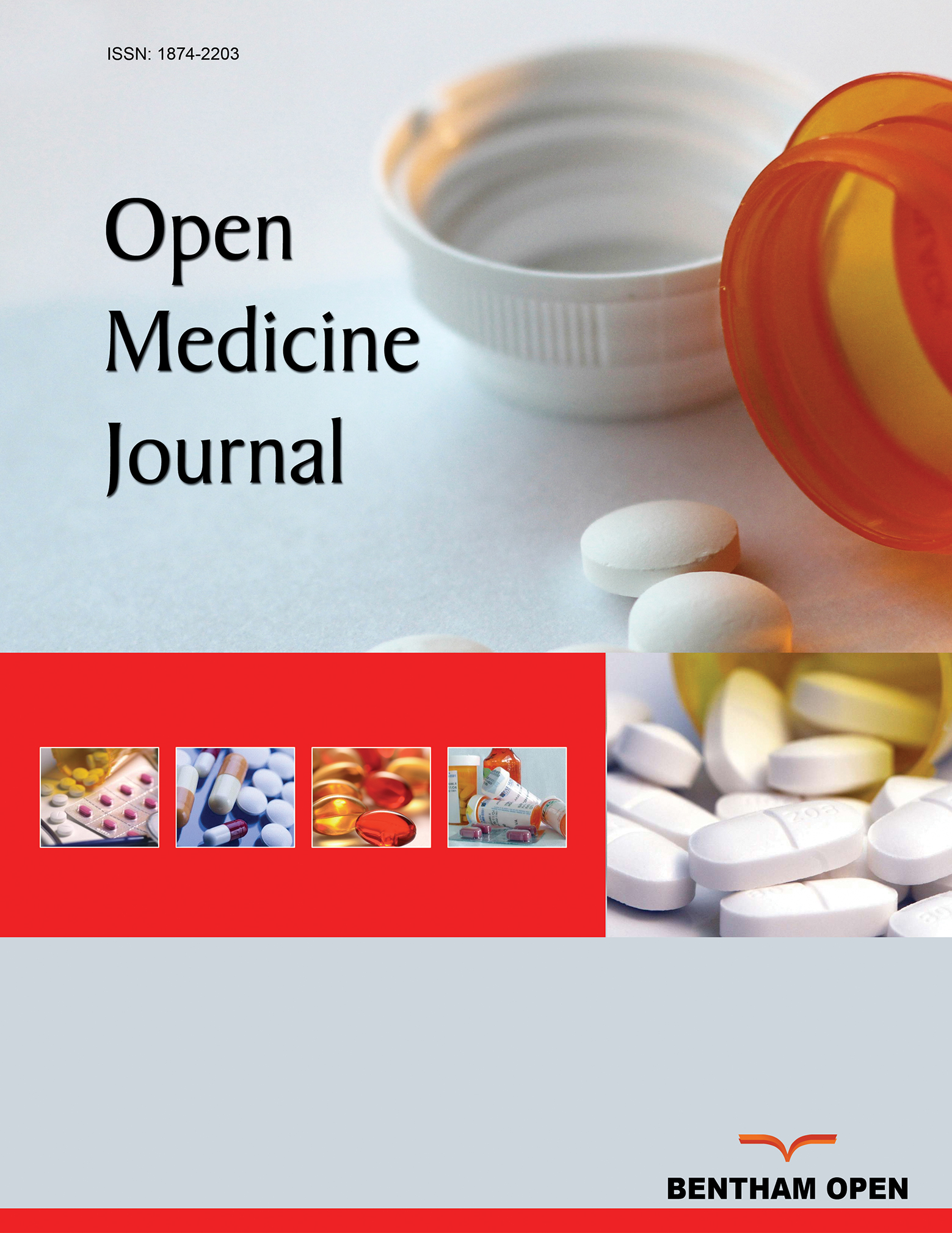All published articles of this journal are available on ScienceDirect.
Co-occurring Depression, Chronic Pain and Substance Use Disorders in People with Hepatitis C
Abstract
Chronic infection with Hepatitis C virus (HCV) is common and can result in serious and sometimes fatal liver complications. The impact of HCV on the liver can be further complicated by medical and psychological comorbidities. Depression, substance use, and pain syndromes are frequent co-morbid conditions in people with HCV and diminish functioning, quality of life, and treatment compliance. Understanding the underlying biological mechanisms of these comorbid conditions within the context of HCV may help elucidate factors contributing to their co-occurrence, perhaps mediated via pro-inflammatory cytokines. The current review provides a synthesis of the literature on depression, substance use disorders and chronic pain in the presence of HCV. The review includes studies conducted with both veteran and civilian populations. The implications for assessment and antiviral treatment of HCV will be considered.


